T. A. Gardner
Serial Thread Killer
Government run grocery stores"Food deserts in NYC are low-income neighborhoods, such as parts of the Bronx, Harlem, Coney Island, and Queens, where residents lack access to affordable, healthy food and large supermarkets. These areas are characterized by a scarcity of full-service grocery stores and an abundance of bodegas, which often offer unhealthy options. This lack of fresh, affordable food leads to higher rates of diet-related illnesses like obesity and diabetes in these communities."
Again, the private grocery businesses will continue to run. No loss there.
That doesn't answer my question. You said there's history of failures that he will repeat.
What are the examples?
No they don't. They want to address the problem of AR-15s. The right embraces AR-15s and doesn't want to address the problem.
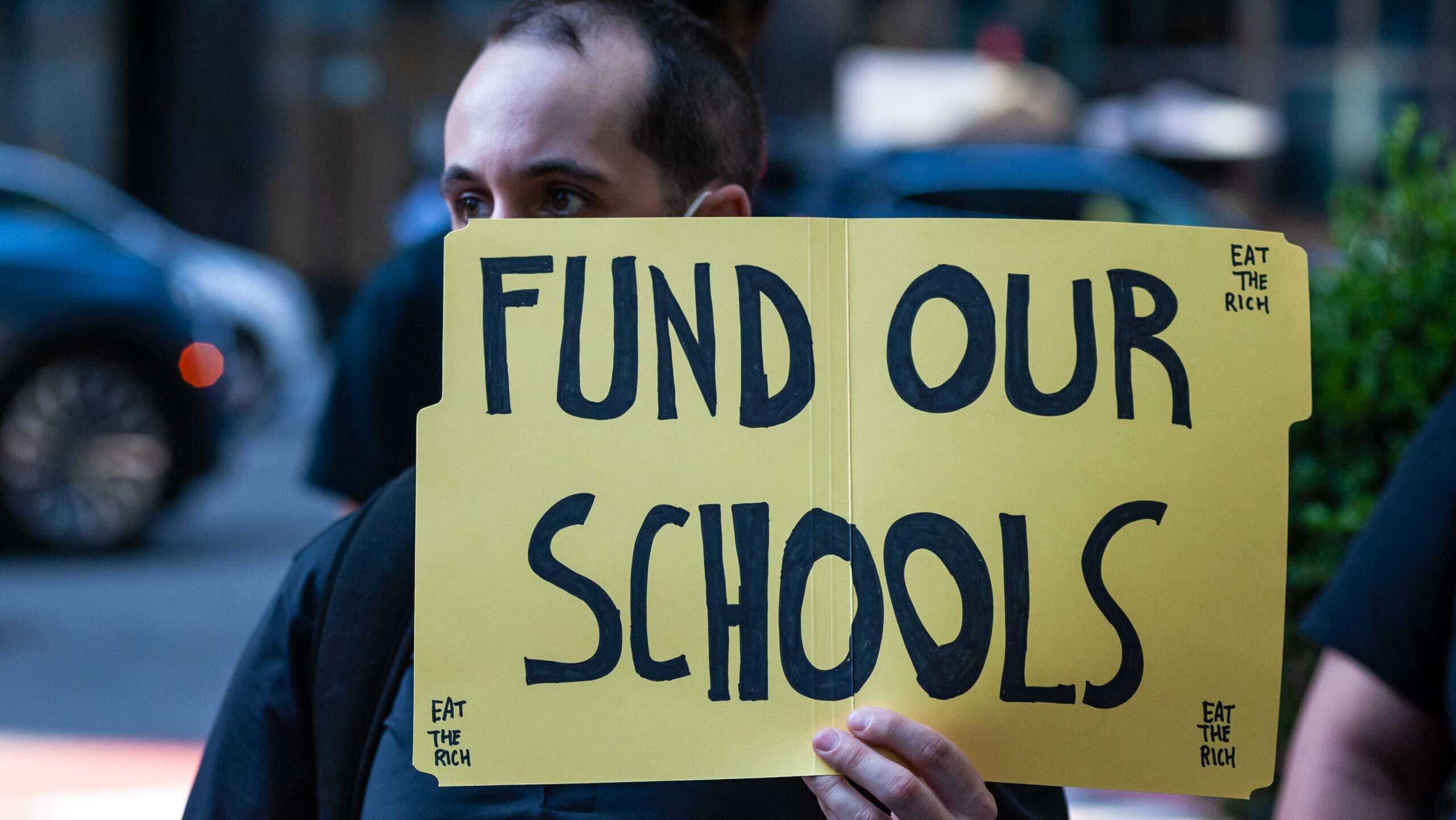
The absurdity of government grocery stores exposes the flaws of public schools
Zohran Mamdani’s proposal for state-run supermarkets exposes the inefficiencies of state-run education.
 reason.com
reason.com
They failed in Chicago and Kansas most recently in the US

Government-Owned Grocery Stores ... What Could Go Wrong?
Jim Geraghty of National Review Online assesses one major city’s plan to get into the grocery business. [T]he era of government-run grocery stores may not be as dead and buried as it seems, as the city of Chicago – already doing such a terrific job on handling crime, poverty, homelessness, and...
"Free" public transit
Even Slate, a very pro-Progressive Leftist magazine says this idea sucks

The Problem With Free Transit
A growing movement wants to scrap bus and subway fares. That’s not what riders need most.

The Consequences of Free Transit, Part 1: The History of Transit Failure
During the two years preceding the emergence of COVID-19, transit ridership declined by roughly 10 percent each year. Keep in kind that the percentage of poor people (most transit riders among them used to be referred to as “transit-dependent”) increased during this period.
 www.linkedin.com
www.linkedin.com
Time efficiency for riders should be self-obvious.
The top 10 US public transit systems losing money
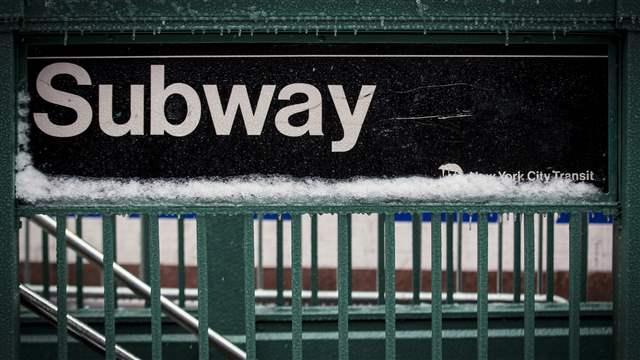
The 10 U.S. metro rail systems that lose the most money per passenger | Brookings
All metro rail systems across the U.S.—which include heavy rail, such as subways and elevated trains, and light rail, which operates at street level—reported operating at a loss in 2013. These are the 10 that lose the most money per passenger.
In the US virtually all public transit systems, if not all, run at a significant loss
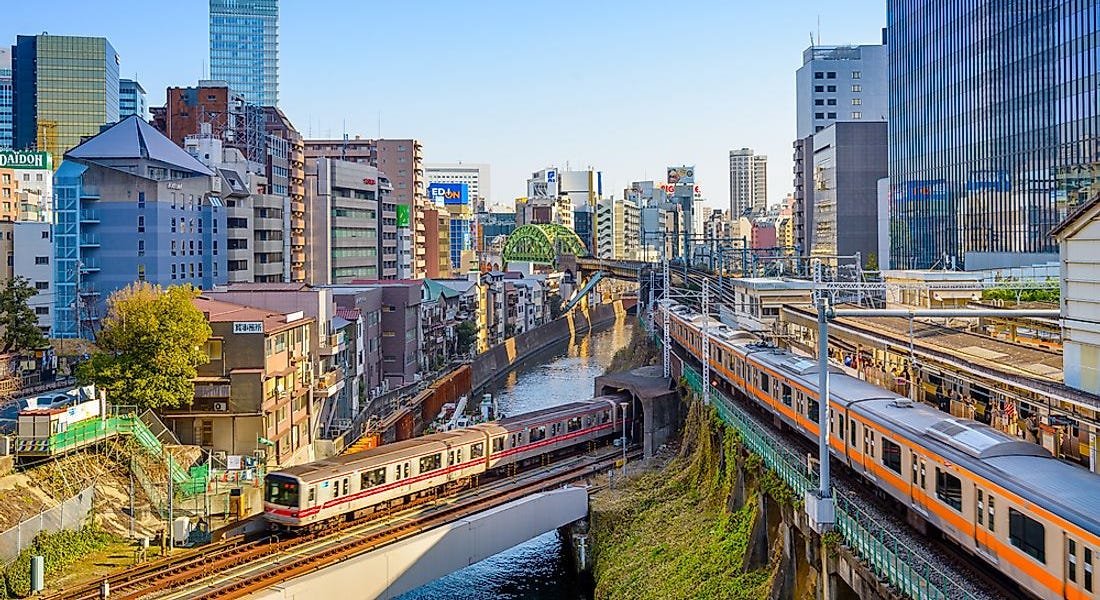
Most Profitable Public Transportation by Continent
You might be surprised to know that most public transit systems are actually unprofitable. This is a huge problem as it often means that taxpayers have to subsidize trains, busses and metros to keep them operational, which in turn leads to lack of support for new transit projects.
In Phoenix, the light rail system loses so much money that it'd be cheaper to buy every regular rider of it a new Prius instead.
Buying Brand New $23,000 Cars For Commuters in Phoenix Is Cheaper Than Light Rail for $1.4B
The other day, Phoenix trumpeted that its daily light rail ridership had reached 37,000 boardings per weekday. Since most of those people have two boardings per day (one each direction) we can think of this as 18,500 people making a round trip each day.Well, if we bought each of these folks a...
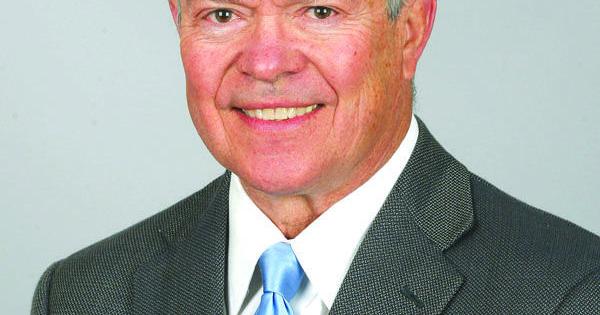
Light rail is cool, but it’s costing too much for what it delivers
Before the Phoenix light rail was built, local author Warren Meyer predicted in Forbes magazine that for the cost of the construction, he could buy a Prius for every daily
Phoenix / Valley Metro Light Rail Report Card: F
Folks who read this site know I have been critical of Phoenix light rail since well before it was opened. So often, folks just willfully misinterpret my criti
In short, you spend more time walking to points to take public transit, then more time waiting for it to periodically arrive, then more time as it stops at intermediate locations to your destination, then more time once you arrive to walk to your final destination. The opportunity cost of this is a loss of other things you could do with that time spent traveling. It makes public transit a loser in terms of opportunity costs.
The unavailability of public transit in the US
Few US cities have 24 hour public transit
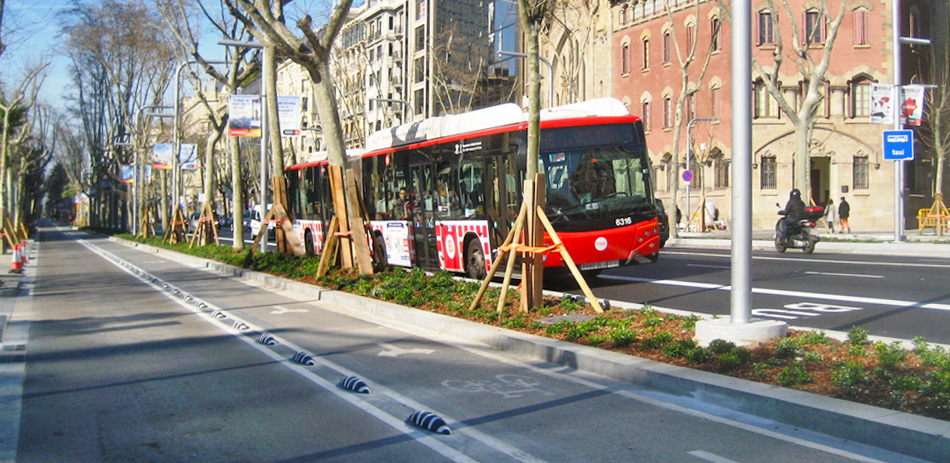
Which cities have 24 hours public transport? | Zicla
Which are the cities with 24 hours public transport? Discover it and save money using underground or bus instead of taxi. It will be cheaper!
 www.zicla.com
www.zicla.com
This means if you work a shift other than daytime Monday to Friday, you may find yourself without a public transit option or very restricted public transit.




